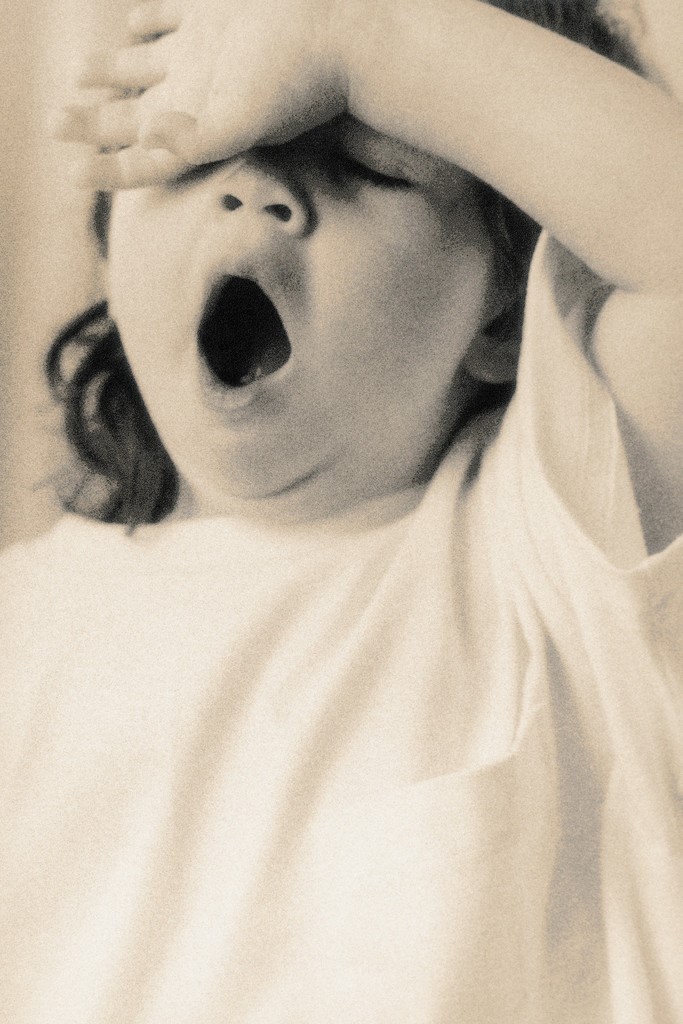For a long time we have thought that sleep affects children’s emotional and cognitive functioning. However, few studies have been done in youths to verify this. In the November issue of the Journal of Pediatric Psychology, just such a study was performed. Taking place in Canada, it is titled Manipulating Sleep Duration Alters Emotional Functioning and Cognitive Performance in Children.
In the study, 32 children (8-12 years old) wore devices that can detect sleep, called actigraphs. These are worn on the wrist, similar to a watch. They detect motion or its absence and can differentiate sleep from wake. The children were initially studied under their usual sleep habits for one week. Then during week two, half were deprived of one hour of sleep (Short Sleep) and the other half had their sleep lengthened by one hour (Long Sleep). During week three, each group was exposed to the opposite condition.
The study period ended on a Friday. The following morning the children were put through a number of tests of cognitive function such as short term and working memory. They were also tested for emotional responses to positive and negative images. The parents filled out detailed questionnaires about their children’s cognitive ability and emotional responses during the test period.
The results were quite impressive. Parents reported that their children had more difficulty regulating their emotions when they were in the Short Sleep compared to the Long Sleep duration group. In addition, the children, when tested, expressed far fewer positive responses to various stimuli when they were in the Short Sleep group.
Additionally, short term and working memory, as well as math fluency, were found to be negatively affected in the Short Sleep group. Both parental observations and testing demonstrated significant problems with attention as well.
This is a very important study. It demonstrates that reducing normal sleep by only one hour per day can have far-reaching consequences on children’s cognitive abilities and emotions. We know that children in this age group should be sleeping 10 to 11 hours a night. However, in reality, in some studies 30% or more are getting far less than that.
The conclusions to be drawn are that in many instances problems with memory, attention, and emotional control may be linked to lack of sleep. The take home message is that teachers, parents, and the children themselves need to be aware of the importance of sleep. Apparently, there is no substitute for it.


